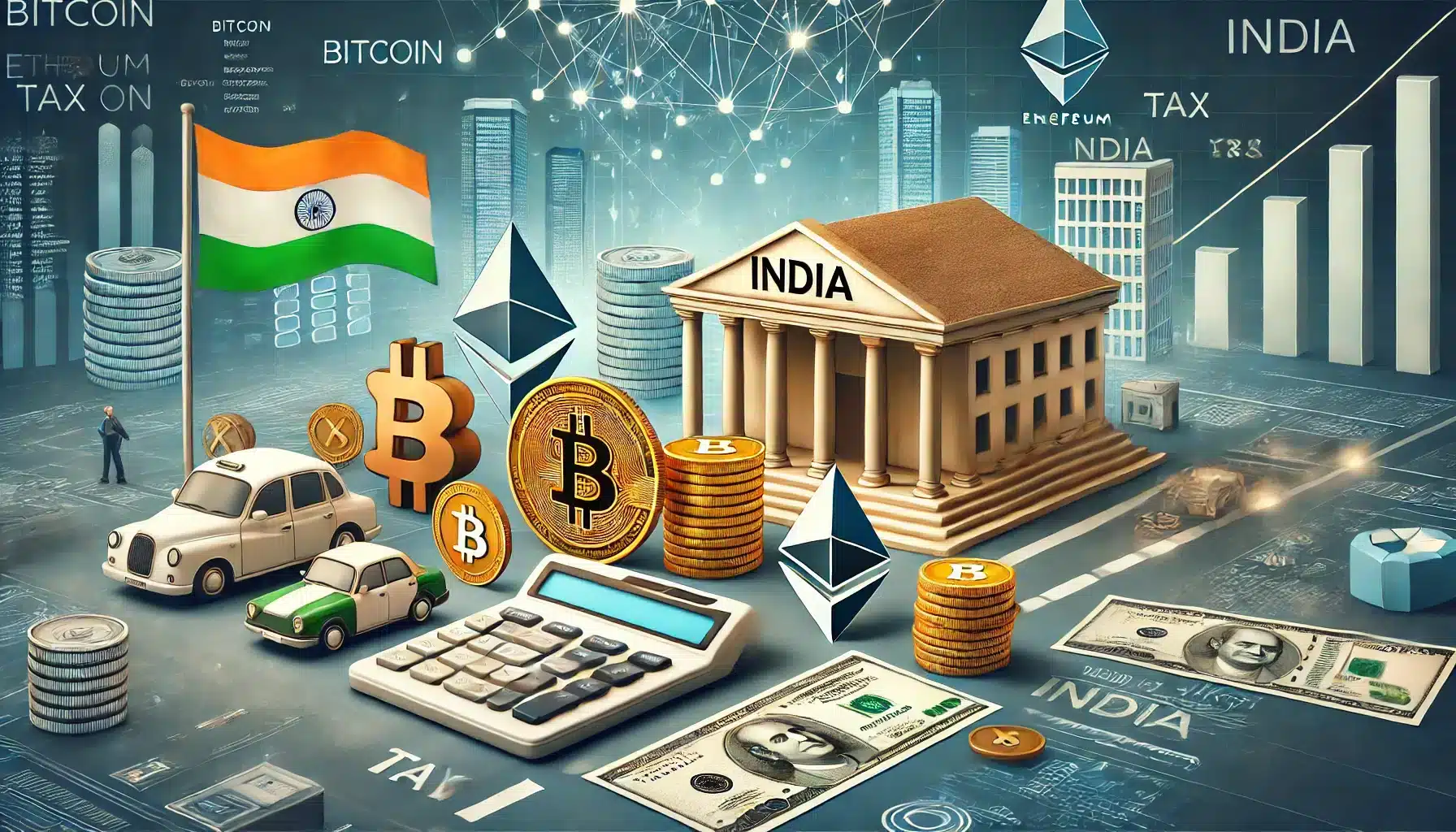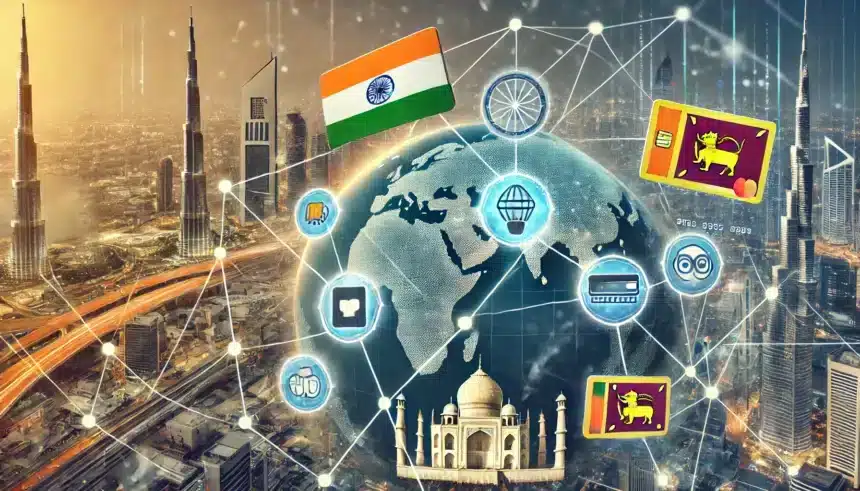India is building up its slot within the global monetary networks by attaching payment links with nations resembling the United Arab Emirates (UAE) and Sri Lanka. This push, which is strategically driven, is aimed at enabling cross-border financial transactions seamlessly and demonstrating how India wants to become a leader in the field of financial innovation.
During a conference in Cebu, Philippines, Reserve Bank of India (RBI) Deputy Governor T. Rabi Sankar stated that these initiatives and growing collaboration with the ASEAN region make the country go places. Sankar pointed out the current collaborations, saying:
“We have one arrangement with Sri Lanka. We are working out with other countries like UAE and some neighboring countries as well.”
India’s Efforts to Create a Unified Platform for Seamless Cross-Border Payments

India has also increased its cross border financial connectivity to a great extent. Apart from its payment linkages with Sri Lanka and the UAE, the RBI has also ‘some arrangements’ with neighbouring countries Bhutan and Nepal. Such initiatives are part of a major push to adhere to local economies and conduct online payments in real time across borders.
In an effort to launch instant payments, the RBI is working synergistically with central banks in the ASEAN region to create a single platform, Deputy Governor Sankar told. This represents an Indian effort toward economic integration and even more efficient cross border transactions.
India is also paying attention to its central bank digital currency rollout very carefully, besides its payment initiatives. The RBI explicity allays fears of digital rupees being a tool for money laundering, terrorism, tax evasion or any other illegal means by allowing people to send and receive digital rupees easily.
CBDCs, according to RBI Governor Shaktikanta Das, are the “future form money” and can play an important role in revolutionizing cross border payments, trade settlements, remittances, and other areas of financial inclusion.
While still grappling with critical challenges, such as digital currency security and the impact of the digital currency on the monetary policy and banking system, the central bank is committed to cooperating in this work both within its boundaries and beyond. Sankar highlighted:
“We are in no hurry to roll it out immediately. Once we have some visibility of what the outcome or impact will be, we’ll roll it out. We don’t keep a specific timeline for that.”
India Implements Tax Measures to Regulate Cryptocurrency Gains and Transactions

In recent comments, Das said India is open to offering technical solutions to any country that wants to adopt common international standards for cross border payments. India hasn’t specified any cryptocurrency rules yet, but the government has taken proactive steps to either monitor or rule cryptocurrency. The government clearly intends to take charge of the sector’s maturing responsibly, with a 30% tax on crypto gains and a 1% TDS on transactions exceeding ₹50,000.
Finance Minister Nirmala Sitharaman has stressed the need to work together with international cooperation to curb crypto transactional risks. As India’s G20 president, she has been spearheading the adoption of a universal framework to handle the implosion of digital assets.
Sitharaman has stressed during G20 discussions that it is now ‘critical’ to collaborate to set up an approach for regulating cryptocurrencies because India is leading the way in pushing for international crypto regulations.
Conclusion
In line with the principle of balance, we see India’s strategic expansion of payment linkages and restrained CBDC pathway as an effort to encourage innovation in cognisant planning for financial stability. India is paving its path towards being a key player in debates around the future of global payments and the challenges of the digital economy by building international collaboration and regulatory frameworks.
Stay tuned to TheBITJournal and keep an eye on Crypto’s updates. Follow us on Twitter and LinkedIn, and join our Telegram channel to be instantly informed about breaking news!



























